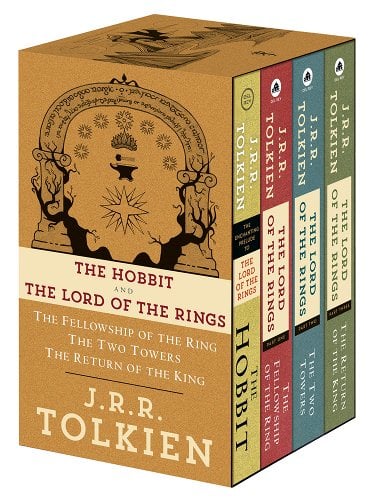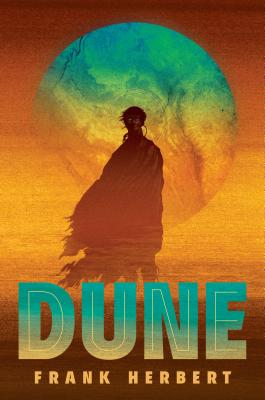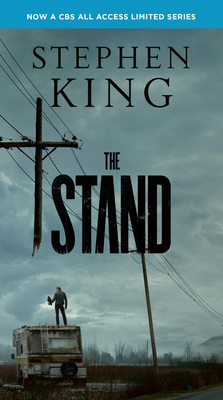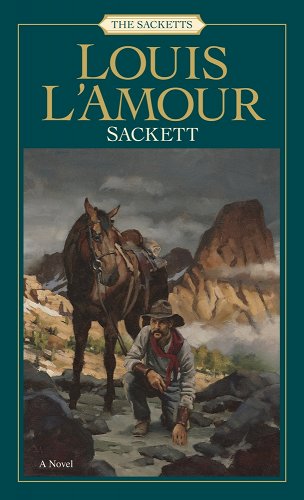It’s always interesting to see what works authors choose as their favorites, mostly
because we all know narrowing it down is tough to do. There are so many good novels and
anthologies out there that picking the best out of anything less than, say, one hundred can be a
daunting task. Different stories can be favorites for widely varying reasons, and all of them have
had some influence on our writing. To pick this one over that one is to exclude something that
influenced a writer in some say.
Having said that, after giving a lot of thought, here my top five—at least as I write this.

The Hobbit/The Lord of the Rings by JRR Tolkien
Okay, I get it. Technically, this is four books. But I count it as one entry because it is one long story the covers Bilbo finding the One Ring and his nephew, Frodo, disposing of it and thereby saving Middle-earth. This story is why I read and write. My sixth-grade science teacher read The Hobbit to us in class over the course of the year, and it changed my life. In fact, I dedicated my first published book, Spree, to him. Sadly, he’s deceased so he can’t see what effect he had on that little outsider kid he read to all those years ago. The worldbuilding, the prose, the languages, all of it draw me in every time I read the books, and I’ve read them several times. They simply never get old, and they’re almost the only books to elicit the emotional reaction they do in me. When Thorin Oakenshield dies, and when the Ringbears leave Middle-earth and go into the Undying Lands never fail to hit me in the feels. They are pure magic. No pun intended.
Simply put, this novel is to science fiction what the above is to fantasy. No, it didn’t create the genre, which Tolkien did, effectively, but it holds the same kind of place in my mind. I first read this work as a teenager and, even though there were aspects of it I didn’t grasp until much later in life, it still hit me in the same way Tolkien’s works did. The worldbuilding is amazing, in my mind. He’s been accused of copying things from real life, but isn’t that how culture and society works? It builds on what came before. Modern emojis are hieroglyphics for the computer age, and that’s just one example.
I can’t say I formed the emotional attachment to the characters in Dune the way I did in The Hobbit/LOTR, but the story itself still moved me, and I put it second only because I tend to prefer fantasy over science fiction—though that can change on any given day. Needless to say, the new adaptation is, to me, a thrilling event.
I love the post-apocalyptic subgenre, and this novel is a standout in the field, to me. Which is saying a lot, because there are a lot of good post-apoc novels out there (including the recent trilogy by my friend Gordon Bonnet, which you need to read ASAP). I think what I like about The Stand, besides the fact of it being a quality early work by King, is the take on the final battle between Good and Evil he presents here. King is a master of well-rounded characters, and he is at the top of his game in this one. Making the battle be between a Black woman who knew slavery in her youth and the Walkin’ Dude taking the part of Satan, lets the reader relate to what could otherwise be something a bit overused and trite. And they are just two of the amazing characters who populate this novel, all of them exhibiting some degree of good and evil in them, making them conflicted and real.
It by Stephen King
In my younger years, I was a dedicated King fan. You know, the kind who went and bought the expensive hardcover the day it was released. I started losing that dedication sometime in the nineties when he put out what, to me, are stinkers like Under the Dome (aliens did it all!) and Duma Key, the latter of which I can tell you next to nothing about except it takes place in Florida. And It stands out for one reason: the first time I tried to read it, I couldn’t get into it. It was slow and uninteresting, but being a dedicated fan, I kept it. Maybe six months later, I
decided to give it another try and devoured it. It is my second-favorite book by him, and it will live within my top ten books of all time. I’m not so hip on either film adaptation. The miniseries from 1990 had to be cut so much to be put on broadcast TV that it lost a lot in translation, and the recent two-part movie series kinda dropped the ball by moving things into the eighties for the kids. I love the eighties, but I lived them. One of my favorite things about It is how King is able to recreate the fifties and give me a window into a time I never knew. I’m not sure how many times I’ve read this one.
The Sackett Family Saga by Louis L’Amour
Once again, multiple books, and I’m not sure putting them in last place gives them the respect they deserve. The Sackett novels are, in a way, the story of the settling of America, told through the eyes of a family of immigrants who first travel to this country in the 1600s with
Barnabas Sackett fleeing England as a criminal. L’Amour actually intended to write about three families: the Sacketts, the Talons, and the Chantrys. He tied them together somewhat when he had Milo Talon and Borden Chantry meeting with Tell Sackett (full name William Tell Sackett) in a few novels. I’ve always loved this kind of thing, when an author’s characters from different works meet, and I’ve tried to incorporate it in some of my works as well. Louis L’Amour is the reason for that. Besides, L’Amour writes a quick, easy read that entertains thoroughly, and writing this entry reminds me I’ve been away from his works for far too long.
Maybe I need to drag one out and read it.
What are your favorites and why?
Happy reading.
Gil




